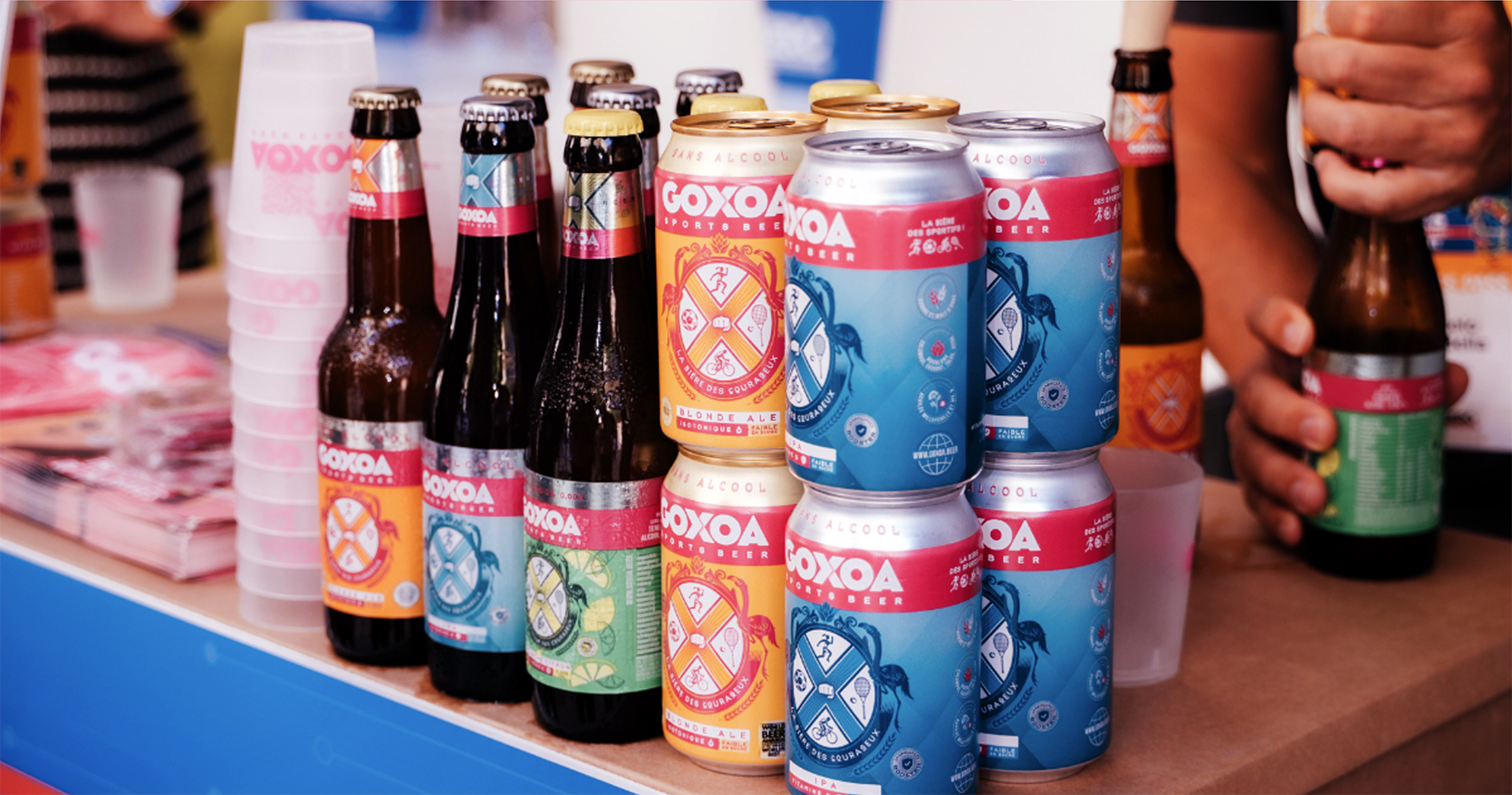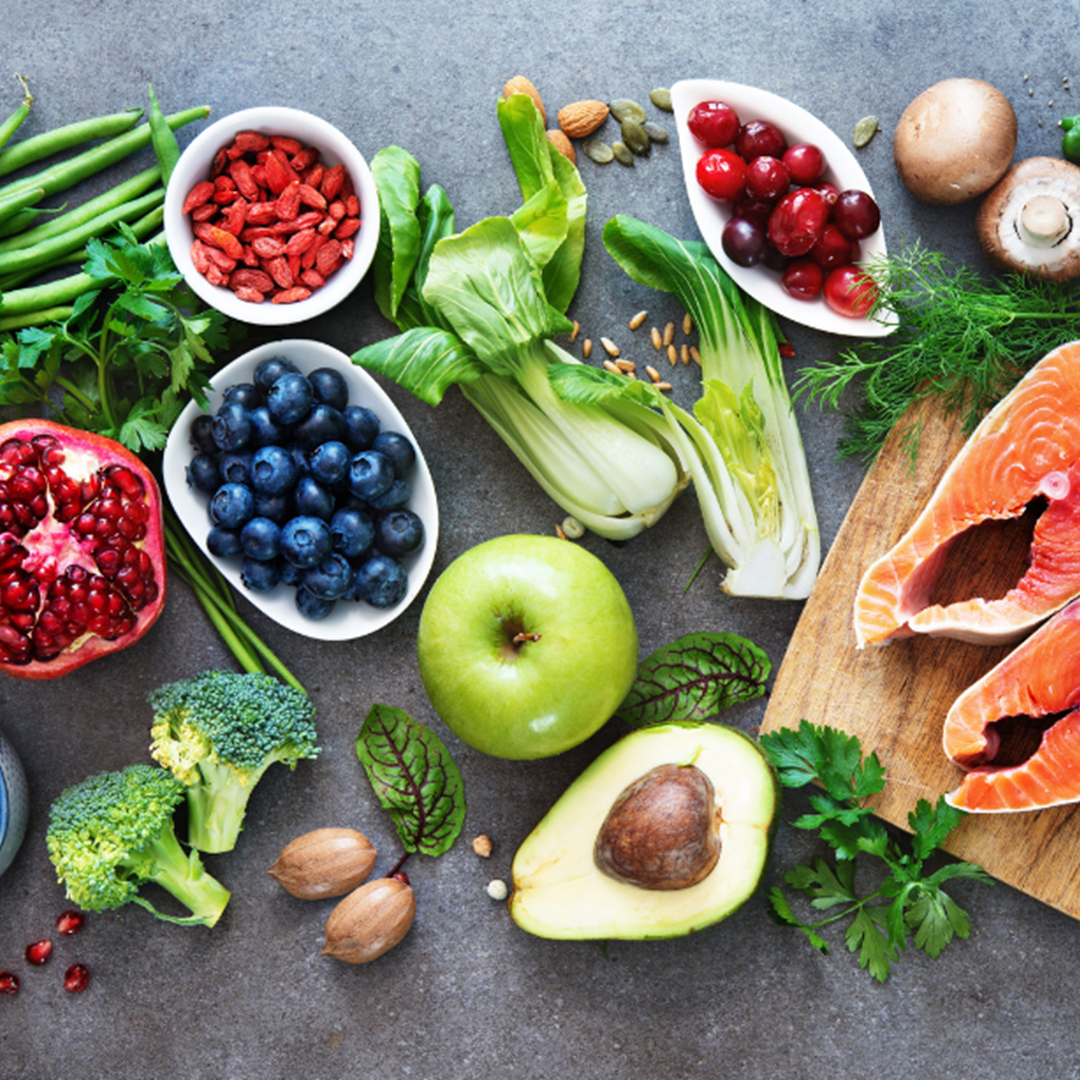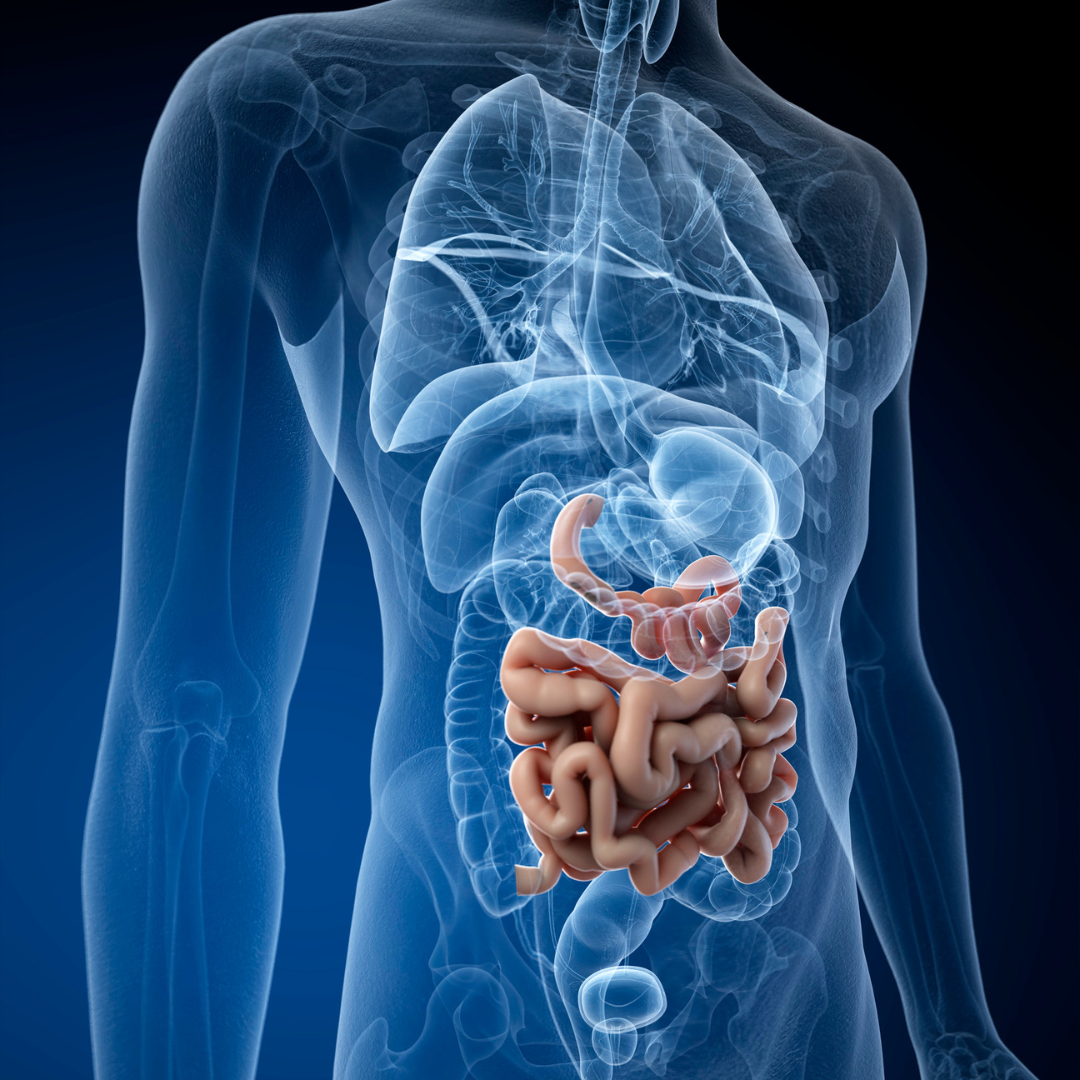The 10 keys to the future of food according to the Think Tank of KM ZERO experts
The last edition of the report Fooduristic, carried out by KM ZERO Food Innovation Hub with the support of Valencia Innovation Capital, has collected the first conclusions, recommendations and lines of action of the leading think tank in the food system The Food Changemakers, founded in Valencia. This group of experts, which began its working sessions in 2024 with the objective of exerting a real influence on long-term food strategies and legislation, is made up of 50 leading voices from 20 countries, all specialized in the study and transformation of the food system.

The Food Changemakers Think Tank, Valencia 2024
His work has been reflected in the “10 keys to the future of food”, which summarize the main challenges detected in the food system and propose concrete measures to transform the value chain:
1. Food for everyone in a world without hunger
§ The fragility of supply chains has been exposed to factors such as climate change or geopolitical conflicts. Dysfunctions such as the wasting of 30% of the food produced must be solved.
2. Regenerate the soil to ensure better nutrition
§ Regenerative agriculture will play a crucial role in restoring soils and ensuring both food sources and biodiversity. A third of the soils used for agriculture are degraded and 5.2 million hectares of cultivation are lost every year.
3. Water is the gold of the 21st century
§ Efficient water management in agriculture will be essential to mitigate the climate crisis and ensure food security. Agriculture consumes 70% of global fresh water with irrigation efficiencies of just 40-50%.
4. Standardize criteria for efficient decarbonization
§ The food system generates 35% of global emissions, but it is also a powerful lever for change towards global sustainability. It will be essential to standardize the measurement of the carbon footprint derived from food production in order to aim to successfully transform the entire system.
5. Food will extend life and improve well-being
§ Malnutrition and overfeeding are opposite sides of the same problem: a poor diet. The consequences of unhealthy diets in the world already cost 76 billion dollars a year in social and health care.
6. Transforming waste into opportunity
§ Food waste is a paradox: while 900 million people go hungry, 1 billion daily food rations are wasted, producing between 8% and 10% of global emissions.
7. Revealing the real cost of food
§ Including environmental and social costs in the price of food will be essential to promote more conscious decisions among consumers.
8. Environments that favor better consumer decisions
§ Urban policies and environments will be needed to make good food choices more accessible and attractive, avoiding “food deserts” or areas where access to fresh and nutritious food is limited.
9. Food education as a catalyst for change
§ Food education will be key to transforming consumption habits and improving health. It is estimated that children who receive dietary education at school are 30% less likely to develop obesity.
10. Directing capital to impact solutions
§ Investing in startups and innovations that prioritize sustainability and positive impact will mark the food system. This investment will be profitable, generating 23 dollars (USD) for every dollar invested in combating malnutrition.
In this way, the lines of actions expressed by the Think Tank encompass proposals for the public sector, such as green taxation measures and food education policies, and recommendations for the private sector, which include the redirection of investment to foodtech projects with a positive environmental and social impact.

Presentation of Fooduristic'25, LAS NAVES, Valencia
“Our Fooduristic report has stood out since its creation for anticipating the great challenges, companies and proper names that will define the transformation of our food system, but in this 7th edition it goes one step further by collecting actionable recommendations by companies and institutions,” explains Beatriz Jacoste, director of KM ZERO Food Innovation Hub.
The Councillor for Tourism, Innovation and Investment Attraction of the City of Valencia, Paula Llobet, recalled that “Fooduristic of KM ZERO is a reference in the field of food innovation, and València demonstrates a firm commitment to becoming a European innovation laboratory, promoting high-impact projects that transform the food industry. These types of actions are part of a broader strategy aimed at attracting and retaining talent, as well as encouraging the creation of a vibrant and sustainable startup ecosystem in the city.”
More than 90 recommendations to change the future of food
Between the more than 90 recommendations and specific actions contained in the document, is the request to standardize the regulations on decarbonization to make it more efficient, the simplification of regulatory barriers for foodtech startups, the reduction of taxes on healthy foods and regenerative products for agriculture or the implementation of tax systems that tax products with a high environmental footprint and subsidize the most sustainable options, among others. Experts have also highlighted the role that technology should play in the primary sector and industry, highlighting issues such as the need to improve water use efficiency through precision irrigation systems or the importance of using AI and automation to map the generation of surpluses in the food chain.
With this latest edition, focused on the work carried out by this think tank, Fooduristic celebrates seven years of consolidated life as the reference report in the field of food innovation. Its previous editions have played a key role for give visibility to the work of hundreds of entrepreneurs and experts from all over the world at the forefront of food and gastronomy, advancing the trends and technologies that industry, the primary sector, large retailers or restaurants are already incorporating into their projects.
Download the full Fooduristic 2025 report








